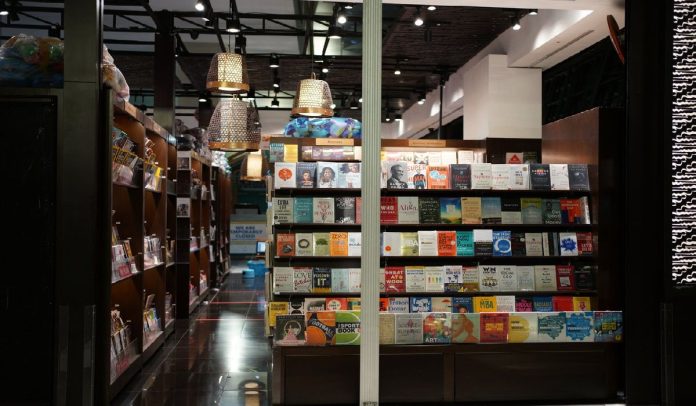
SOFIA — A significant portion of the Bulgarian population is becoming increasingly disconnected from cultural activities, with over 43% of citizens admitting they have not read a single book this year, according to the findings of a recent nationwide survey titled “Access to Culture.”
The survey, which covers responses from over 1,000 individuals, highlights troubling trends in Bulgarians’ participation in cultural life.
Data was presented by Svetlana Lomeva, director of the Sofia Development Association; Diana Andreeva-Popyordanova, director of the Observatory of the Economy of Culture; and Yanina Taneva from the organization Factory of Ideas. The survey is part of a three-year project now branded as the “Right to Culture Index.”
According to the study, 75% of respondents did not visit a library even once in 2023. Moreover, cultural participation beyond reading also remains alarmingly low: 63% of Bulgarians have never attended a theater performance, 56.1% have never been to a movie theater, and 82.7% have never seen a classical music concert, opera, or ballet in 2024.
These statistics signal a continuing decline in cultural engagement. In 2022, the average Bulgarian read between 9 and 10 books per year.
That figure dropped to 8-9 books in 2023 and has further diminished in 2024. “It is a sad joy for us to present the trends we see in consumption and participation in culture,” said Yanina Taneva. “By measuring these obstacles, we hope to find actionable solutions.”
The survey also explored the reasons why Bulgarians are staying away from cultural activities. The most cited reason was cost, with 40% of respondents saying cultural events are too expensive.
Another 37% reported a lack of time, while over 25% said they simply do not have access to such events—particularly those living in smaller or remote settlements.
A further 16% claimed they were not interested in cultural events, 13.7% cited lack of company, and 3.8% selected “Other” as their reason.
In response to these findings, the study’s authors are proposing targeted initiatives to improve cultural engagement. One notable recommendation is the introduction of a “cultural passport” for young people aged 6 to 26.
This initiative would offer free or subsidized access to cultural events for approximately 1.3 million individuals. “It’s an effort to instill the value of culture from an early age and eliminate financial barriers,” said Andreeva-Popyordanova.
The survey was conducted by the sociological agency Alpha Research in collaboration with the Factory of Ideas and the Observatory of the Economy of Culture. Financial and organizational support came from the Sofia Development Association.
Organizers have announced that a follow-up event will present region-specific findings, with a focus on cultural access and participation in Sofia.
These detailed reports are expected to aid policymakers, educators, and cultural institutions in tailoring initiatives to boost cultural inclusion across the country.
The troubling statistics underscore a national challenge: bridging the cultural divide and making art, literature, and performance accessible to all Bulgarians, regardless of income or location.
This article was created using automation technology and was thoroughly edited and fact-checked by one of our editorial staff members
